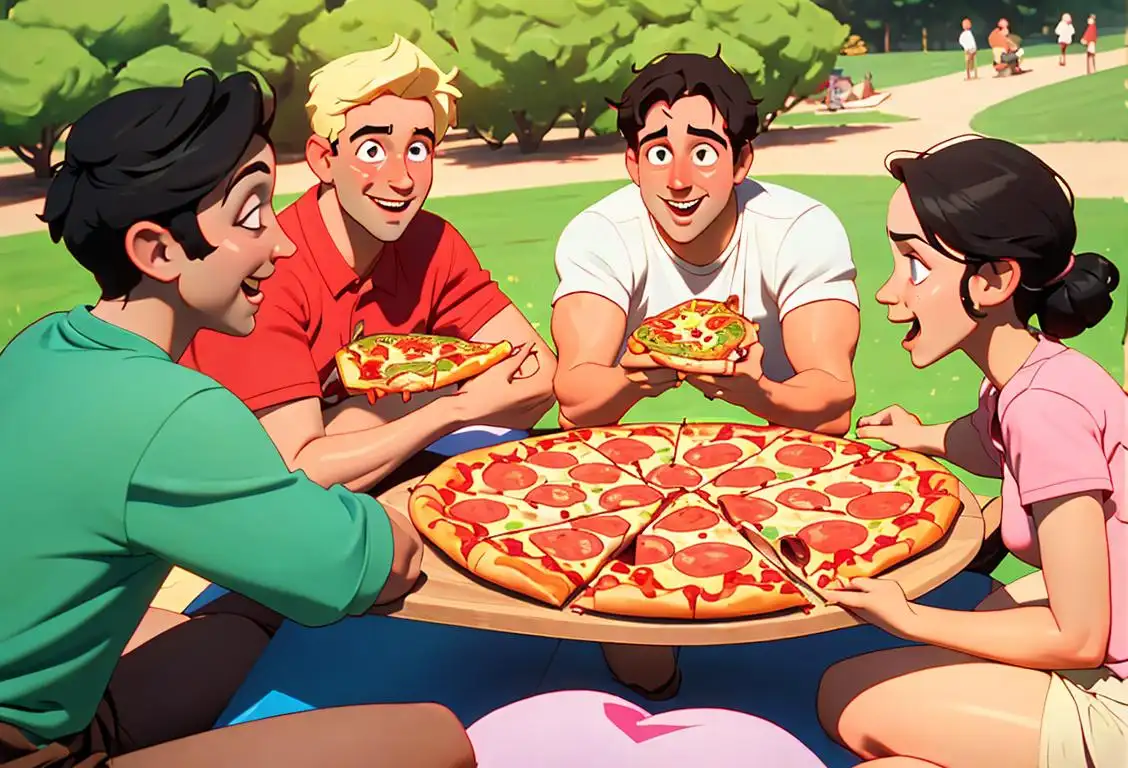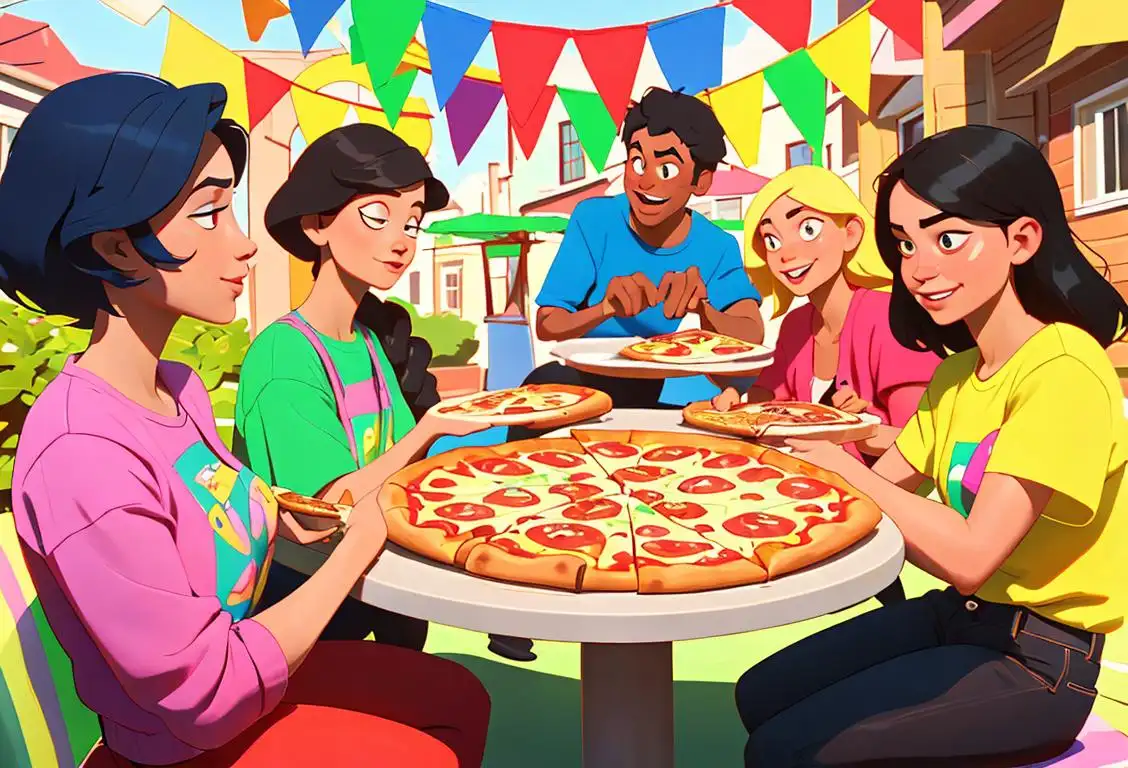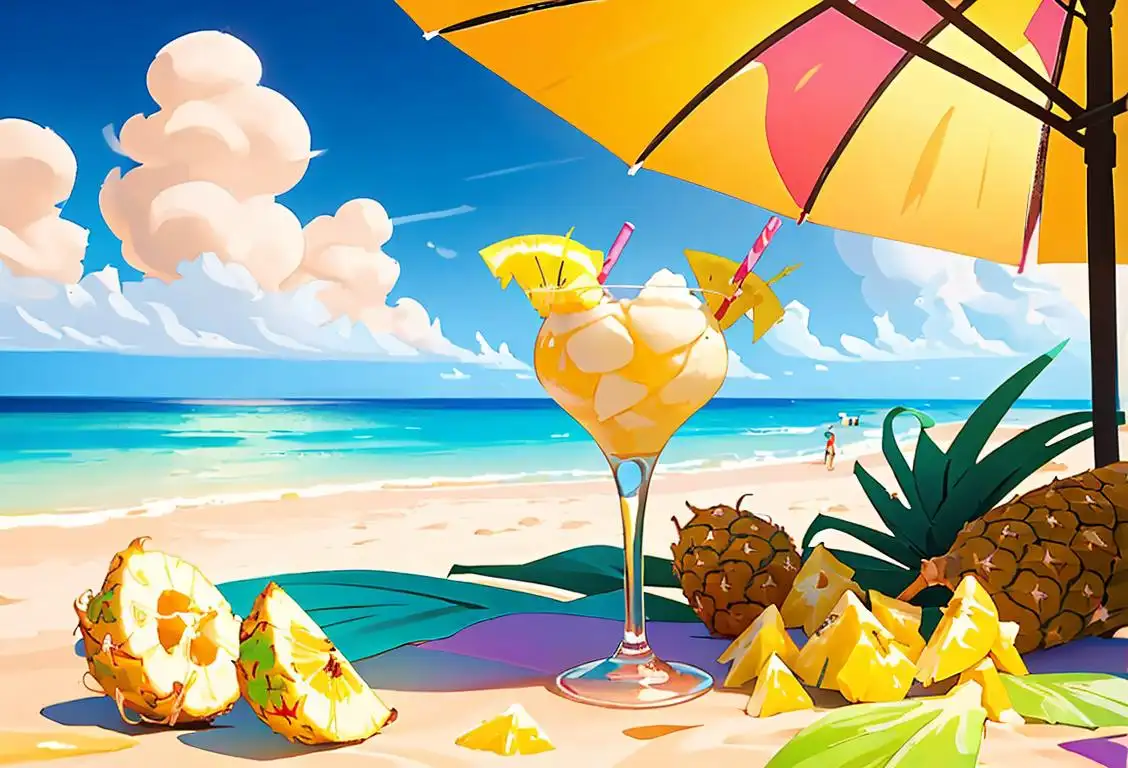National Junkfood Day

Ah, National Junk Food Day, a celebration of all things greasy, salty, and just downright delicious. This glorious day gives us the perfect excuse to indulge in our favorite guilty pleasures without feeling an ounce of remorse. So put on your stretchy pants and get ready for a mouthwatering journey into the world of junk food!
When is Junkfood Day?
It's national junkfood day on the 21st July.
The Internet History of National Junk Food Day
It all started back in the magical year of 2015, when the internet exploded with excitement over this cheesy celebration. People from all corners of the web came together to share their love for all things deep-fried and sugar-laden. Memes were created, blog posts were written, and taste buds everywhere rejoiced.
The True Origins of Junk Food
While National Junk Food Day may be a relatively new addition to our calendar, junk food itself has a long and storied history. From the humble beginnings of the potato chip to the mouthwatering invention of the cheeseburger, humans have always had a weakness for indulgent treats. Whether it's a craving for salty snacks or a hankering for sugary delights, junk food has become an integral part of our culture.
Celebrating in Delicious Style
When it comes to celebrating National Junk Food Day, the possibilities are endless. You could host a junk food buffet with all your favorite treats, or challenge your friends to a junk food eating contest. And don't forget about the ultimate junk food road trip, where you can hit up all the iconic fast food joints and indulge in their artery-clogging delights. Just make sure to pack some antacids!
Did You Know?
Did you know that the world's largest hamburger ever made weighed a whopping 3,591 pounds? It was constructed in 1982 and took a team of chefs and construction workers to put together. Now that's what I call a tasty project!
History behind the term 'Junkfood'
1921
Arrival of Term Junk Food
The term 'junk food' entered the English language in 1921. It originally referred to any kind of cheap, overly processed or unhealthy food. However, at this early stage, it did not have the negative connotation it carries today.
1930s
Rise of Snack Foods
During the 1930s, there was a significant increase in the popularity and availability of snack foods, such as potato chips and candy bars. These foods were convenient, tasty, and affordable, making them a hit with consumers. The term 'junk food' started being associated with these types of indulgent, often nutritionally poor, snacks.
1950s
Fast Food Revolution
The fast-food revolution took off in the 1950s with the rise of restaurants like McDonald's and Burger King. These establishments offered quick service and affordable meals, often consisting of burgers, fries, and soft drinks. The increasing popularity of fast food further solidified the association of 'junk food' with unhealthy, mass-produced meals.
1970s
Criticism and Public Awareness
In the 1970s, the term 'junk food' became strongly linked to concerns about the negative health effects of a diet high in processed and sugary foods. Health experts and nutritionists began warning about the risks of excessive consumption of junk food, including obesity, heart disease, and diabetes. Public awareness campaigns and educational efforts aimed at promoting healthier eating habits gained momentum.
2000s
Global Impact and Regulation
With the rise of globalization, junk food became a widespread phenomenon around the world. Fast food chains expanded into numerous countries, and the availability of packaged snacks and sugary treats skyrocketed. Governments and health organizations started implementing regulations regarding nutritional labeling, advertising targeting children, and restrictions on unhealthy ingredients. The term 'junk food' gained even more negative connotations due to the ongoing concerns about its impact on public health.
Did you know?
Did you know that the world's largest hamburger ever made weighed a whopping 3,591 pounds?Tagged
food fun celebration indulgenceFirst identified
21st July 2015Most mentioned on
21st July 2015Total mentions
120Other days
Junkfood Day
Pepperoni Pizza Day
Vodka Day
Martini Day
Pizza Party Day
Cheese Pizza Day
Chili Day
Iced Tea Day
Pina Colada Day
Chocolate Ice Cream Day








